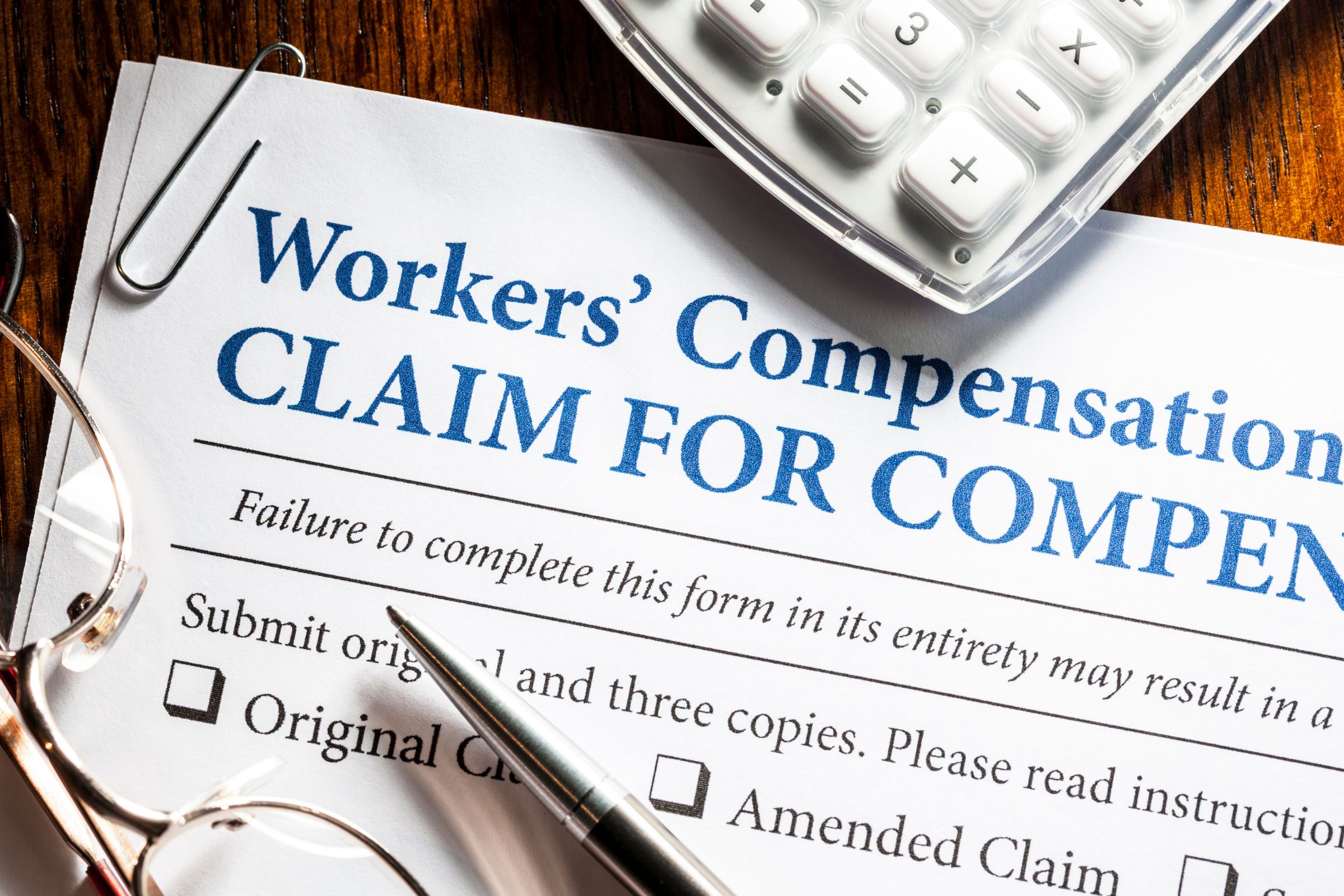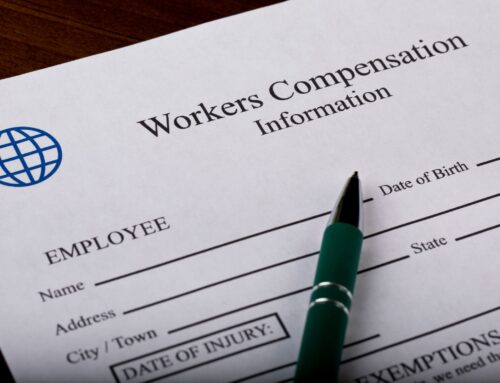If you’ve been injured on the job, understanding how to file a workers’ comp claim in NJ is the first step toward securing the medical treatment and financial support you need. Filing incorrectly or missing important deadlines can result in delayed or denied benefits. This guide breaks down the workers’ compensation claim process in New Jersey, providing the clarity and confidence you need to take action.
Step 1: Report the Injury
The first and most important step in the workplace injury claim steps is to notify your employer as soon as possible. To protect your right to benefits, it’s critical to report work injury in New Jersey within 14 days. However, the sooner you report the injury, the better.
Be clear and specific when describing what happened, and be sure to include:
- The date, time, and location of the injury
- A description of how the injury occurred
- Any witnesses present
Providing a written notification can help establish a timeline for your claim.
Step 2: Seek Medical Care
Once you’ve reported the injury, your employer will direct you to an authorized healthcare provider. In New Jersey, you typically must see a doctor chosen by your employer or their insurance company to qualify for benefits.
Keep all documentation from your medical visits, including:
- Diagnosis and treatment plans
- Work restrictions
- Doctor’s notes and follow-up recommendations
These records are vital in supporting your case and showing that your injury was work-related.
Step 3: File Formal Paperwork
Your employer should notify their workers’ compensation insurance carrier of your injury. However, you may also need to submit forms to the New Jersey Division of Workers’ Compensation if your claim is disputed or delayed.
The NJ workers’ comp filing guide involves submitting:
- An Employee Claim Petition (if the insurer denies or delays the claim)
- Supporting medical documentation
- Any communications with your employer or their insurer
You have up to two years from the date of the injury (or the last compensation payment) to file a formal claim petition.
Step 4: What Happens Next?
After submitting your claim, the insurance company will investigate and either approve or deny the benefits.
- Approval: You’ll begin receiving temporary disability benefits and covered medical care.
- Denial: If your claim is denied, you can request a hearing or file a formal Claim Petition.
If the insurer disputes your eligibility, consult with a workers’ compensation attorney. Legal support can help navigate the appeal process, represent you in hearings, and ensure your rights are upheld.
Conclusion
Filing a workers’ compensation claim in New Jersey doesn’t have to be overwhelming. By understanding the workers’ compensation claim process and following each step carefully, you can safeguard your health, finances, and future.
From reporting your injury to filing paperwork and responding to a denial, this NJ workers’ comp filing guide is designed to help you take control of your case. If you encounter complications or your claim is denied, don’t hesitate to seek legal guidance to protect your rights and access the benefits you deserve.






